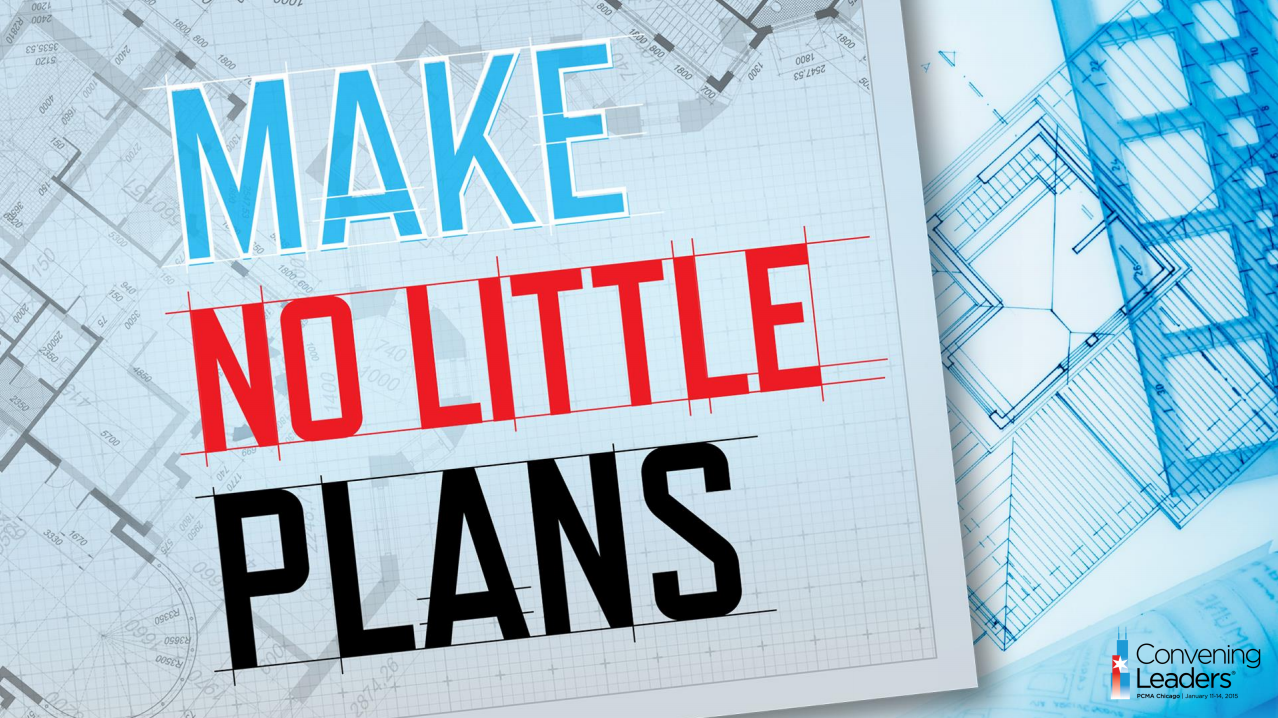When you attend an event, conference or meeting how do you act? What are you thinking about? How well do you know the subject matter when you arrive? What about when you leave? Why are you there? All of these factors play into what kind of attendee you are and how you best consume information. Simply put, at our most basic level we all learn differently. We all have different learning personas.
I recently attended the Professional Convention Management Association’s (PCMA) Convening Leaders Conference. The three day summit is geared toward event professionals and suppliers. Could you imagine planning a conference for meeting planners/suppliers? What a nightmare! However, PCMA did a great job. I walked away with many great ideas and strategies I’m already implementing into GovLoop’s events.
One of the many sessions I participated in was the “Learning by Design: New Models for Education and Attendee Engagement” lead by Loretta Hudelot, Customer Insights Manager, Freeman and Melinda Kendall, Senior Vice President, Strategic Sales Support, Freeman. The model they shared, which I discuss below, helps planners pin point the various attendee personas and allows us to design events to compliment a persons preferred learning style. While this isn’t science, it certainly allows planners to get one step closer in making everyone happy.
So what kind of attendee are you?
When it comes to attending a meeting, conference or event, you…
A. Can’t wait to meet new people and learn about new trends.
B. Are interested in the education & finding ways to improve your own job performance.
C. Go through the motions & find time to socialize and do off-site activities.
A, B & C are all “buckets” or personas that people fall into. And each bucket contains many variables. Each of those variables have their own learning style preferences that planners try to gear the content/structure toward. Depending on the size and nature of the event it’s best to adjust the scope of the event towards what is realistic. For example, a smaller event may not have the luxury to host off-site activities and therefore could only focus it’s attention toward buckets A & B.
Bucket A: The people who desire to leave a mark. These people can be “Up & Comers“, “Trend-Setting Leaders” or “Mentors.” They prefer to have a mix of quick networking opportunities, VIP style functions and an opportunity to share their ideas with others.
Bucket B: These are the folks that prefer structure. They are the “Proteges”, “Everyday Guy/Gal” or “Academics.” They like the traditional conference structure that include case studies, demonstrations and peer discussions about the content.
Bucket C: These folks are at the event for other reasons. They attend as the “Phantom Exhibitor”, “On Vacation” or “Reluctant Attendee.” They attend because their boss told them to, the food looked good, they have something to sell, or ‘hey, that conference is in Hawaii.”
These people – all nine personas – are at every event. You should try and provide something for everyone and continually learn more about your attendees and their direct feedback for further improvement. For example, here at GovLoop we strive to provide something for all of these persona types. You’ll notice that the standard GovLoop event has a mix of traditional keynotes and panels (Bucket B), but also provide the opportunity for peer discussion and table lead conversations (Bucket A/B). While we may not be adhering to the vacation goers, at least we provide bagels and coffee (Bucket C).
Next time you attend an event, keep in mind how your preferences align. You could be a blend of personas, as all personality types are different and that’s 100% okay. With this knowledge you can seek out events that are developed toward your style and thus allow you to get more return on investment.
If you like this topic and want to learn more about it, read this article from PCMA’s Convene Magazine, titled An Invitation to Engage.





Figuring out an audience persona is so hard, this is a great post Megan to show the power of different types of learners.